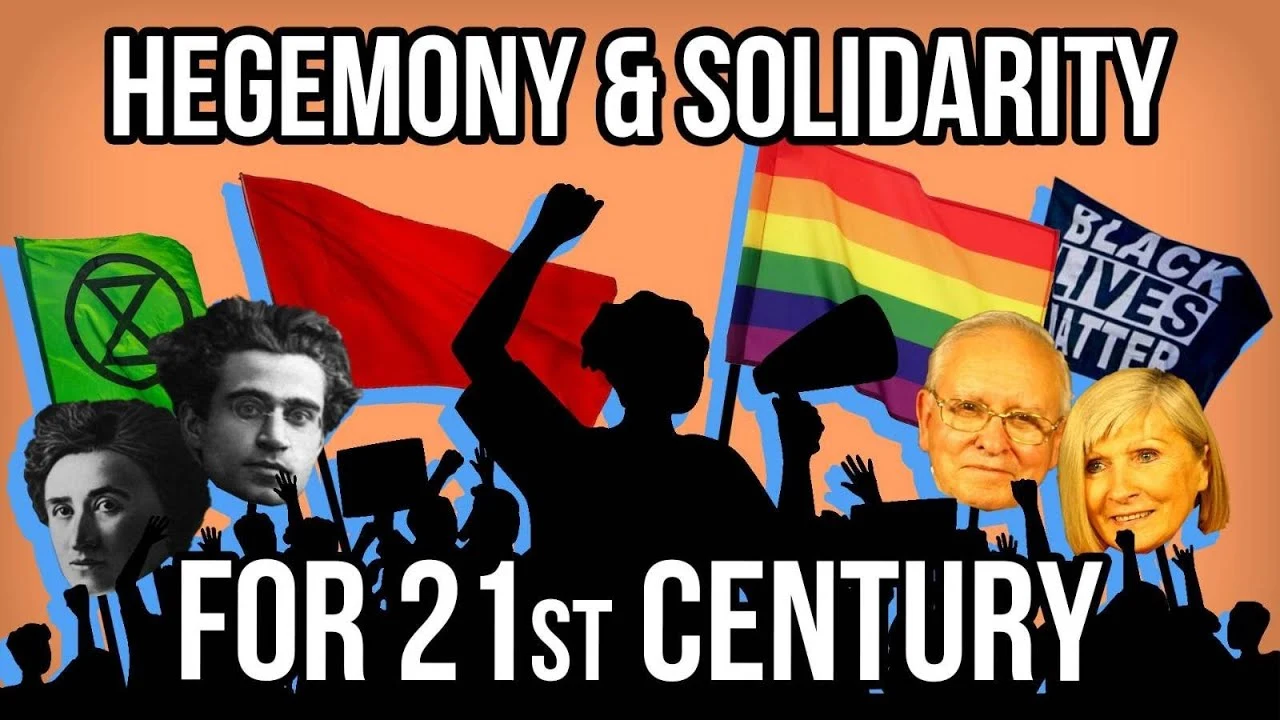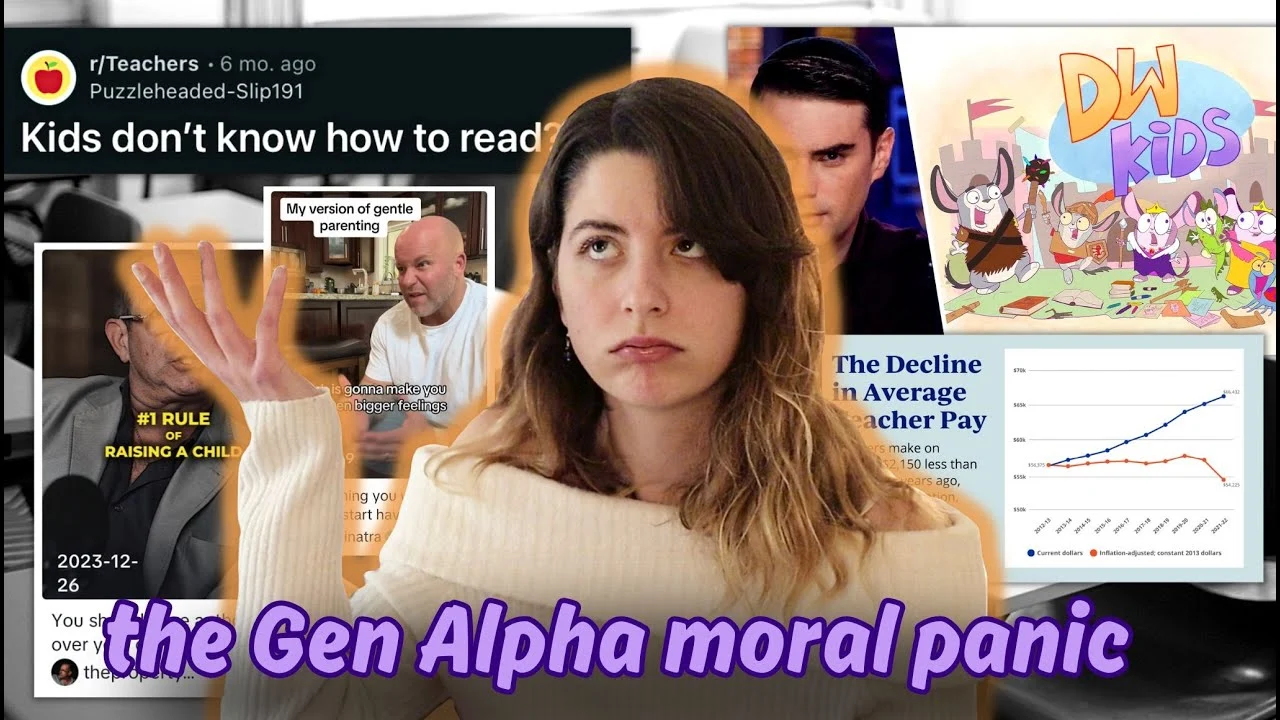

Often it’s a bit difficult to make an abstract point out of examples. You seem to be countering those examples with today’s zeitgeist, the exact thing the article is looking to counter.
The person decided this was the normal they wanted and where they chose to live.
This would be true if all else were equal, but it isn’t. Society built roads. It had to tear down housing to build the roads. The house prices went up because corporations bought up the housing stock and are using it to manipulate rents. None of that was the “choice” of the farmer. One cannot just opt out. “oh no thanks. I’ll just take efficient public transport and we can just rip up the road network. Just give me one of the houses we build through more dense development.”
Things are going to increase in complexity unless civilization collapses
Why? Many folks today are talking about making society resilient over efficient, with respect to COVID and supply chains. This is a direct ask for reducing complexity. The 15 minute city is an ask to reduce complexity. Complex societies fail.
Ultimately, the issue is cultural.
The issue is hegemony. Every company claiming to benefit you are building a fiefdom and you are the bricks. You can work around it but you have to beat the products and services you buy into submission. This is true of phones, computers, cars, TVs, subscriptions, AI, and increasingly how it asks more and more of us. People say “the things we own end up owning us” but no one says that about a fridge, or a washing machine.








Bold claim. Why do you think complexity itself can improve efficiency? I can easily tank efficiency by adding complexity. Complexity also necessarily destroys resilience. Every time we’ve tried adding complexity, all of those societies disappear, from ancient Egypt to Rome to the Incans.